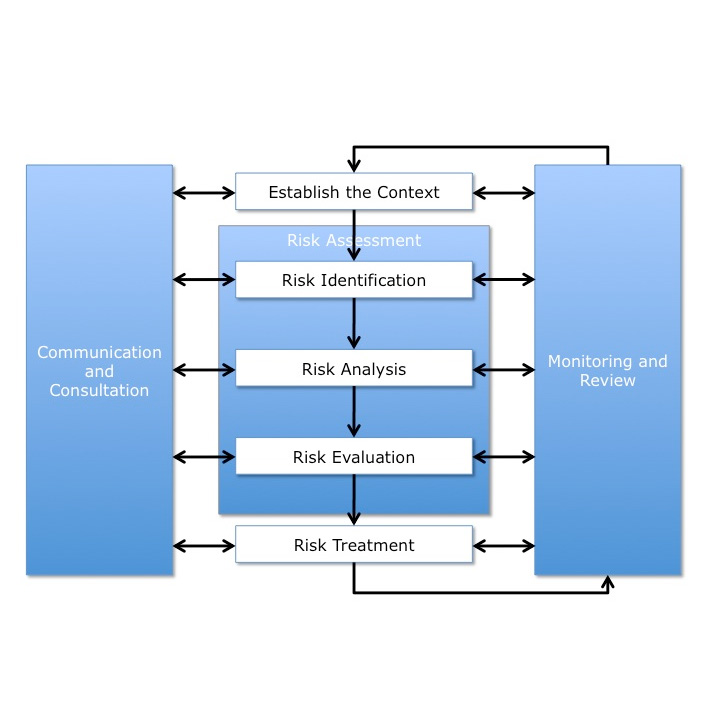“Transparency is the currency of trust in an organization.”
– Howard Schultz
Austin’s Project Connect: A Step Toward Transparency Amidst Ongoing Controversy
Austin’s ambitious Project Connect, a $7.1 billion light rail system designed to address traffic congestion and improve public transportation, has been the center of debate since its inception. A recent third-party study conducted by Accelerator for America provided insight into the project’s progress, specifically lauding the efforts of the Austin Transit Partnership (ATP) for strides toward transparency and adherence to global best practices. Despite these positive findings, the project faces ongoing controversy and legal battles, making the future of Austin’s light rail system uncertain.
Progress and Best Practices
The study highlights several areas where ATP has made significant progress. From a Community Needs Assessment to the creation of a specialized delivery agency, the report underscores the importance of establishing clear frameworks to manage large-scale projects like Project Connect. The decision to create ATP as a separate entity from the city and CapMetro was pivotal in streamlining the project. This setup allows ATP to focus exclusively on the planning and execution of the light rail while avoiding the administrative burden that could have slowed progress.
The study identified six areas where ATP has excelled in implementing best practices, including Project Management Frameworks, Community Engagement, and Long-Term Strategic Planning. These areas are crucial in ensuring that public infrastructure projects not only meet immediate transportation needs but also adhere to Sustainable Development goals, ensuring infrastructure longevity and environmental consideration.
For example, ATP has been praised for its Community Engagement efforts, consistently holding public meetings and involving the community in every stage of the project. This engagement has helped ensure that the public’s input is considered in the planning and execution phases, aligning the project with local needs and expectations.
Municipality Financial Health and Funding Challenges
While the study paints a positive picture of Project Connect’s progress, it also highlights ongoing challenges, particularly in relation to Municipality Financial Health and Funding Sources for CIP. The ATP has been navigating complicated legal waters, with critics claiming the organization mishandled taxpayer dollars. This controversy stems from a bond validation petition ATP filed, seeking to bypass direct approval from the Texas attorney general’s office for its funding processes. Attorney General Ken Paxton argued that ATP’s funding structure, which allows for continuous cash flow from the Project Connect tax rate hike approved in 2020, violates state laws regarding Debt Capacity and financial oversight.
The controversy surrounding the light rail’s funding has sparked concerns over Capital Improvement Programs (CIP) and how they are financed. As the legal battle over ATP’s use of city taxes for rail construction unfolds, the project’s ability to remain on track will depend heavily on the outcome of these financial disputes. Any setbacks in funding could delay the timeline for completion or lead to further reductions in the scope of the project.
Economic and Social Impacts: A Double-Edged Sword
The Economic and Social Impacts of Project Connect have been another point of contention. The original plan for the light rail network promised significant improvements in Austin’s public transportation infrastructure, including new rail lines, stations, and an underground downtown transit tunnel. However, a revised plan released last year scaled back several key features, including a reduction in the number of rail stations and overall rail mileage. This has raised concerns about the project’s potential to deliver the originally promised benefits to Austin’s residents, especially given the rising costs per rider and the projected 64% decrease in ridership.
Despite these concerns, the light rail system still holds the promise of significant economic benefits if fully realized. An improved transportation network would help address congestion, improve accessibility, and support Infrastructure Sustainability, all of which are critical to Austin’s long-term growth.
Controversy and Legal Battles
The ongoing legal battle between ATP and the state of Texas casts a shadow over the future of Project Connect. The lawsuit filed against ATP alleges that the organization engaged in a “bait and switch” by significantly scaling back the light rail’s scope after voters approved the project. With 10.4 fewer miles of rail, no downtown tunnel, and a higher cost per rider, the lawsuit accuses ATP of misleading the public about the true nature of the project.
This lawsuit not only threatens the credibility of ATP but also puts the entire project at risk. Should the courts rule against ATP, the agency may face severe funding constraints, further complicating the already delayed timeline.
The Path Forward: Balancing Progress with Accountability
While the findings of the third-party study highlight progress in terms of transparency and project management, Project Connect remains a complex and controversial endeavor. The challenges surrounding funding, legal disputes, and public skepticism underscore the importance of accountability in public infrastructure projects.
As the light rail project moves forward, Austin will need to balance the need for transparency and financial accountability with the goal of completing the rail system in a way that benefits the entire community. The project’s long-term success will depend not only on ATP’s ability to adhere to best practices but also on its capacity to navigate the legal and financial hurdles that lie ahead.
Ultimately, Project Connect has the potential to transform Austin’s transportation landscape, but only if it can weather the storms of controversy and maintain the trust of the public.
At Front Line Advisory Group, we manage Capital Improvement programs to ensure they are completed on time and within budget. We make sure every dollar is used wisely to improve our community. For more information or to start your project, contact us at info@frontlineadvisorygroup.com.












